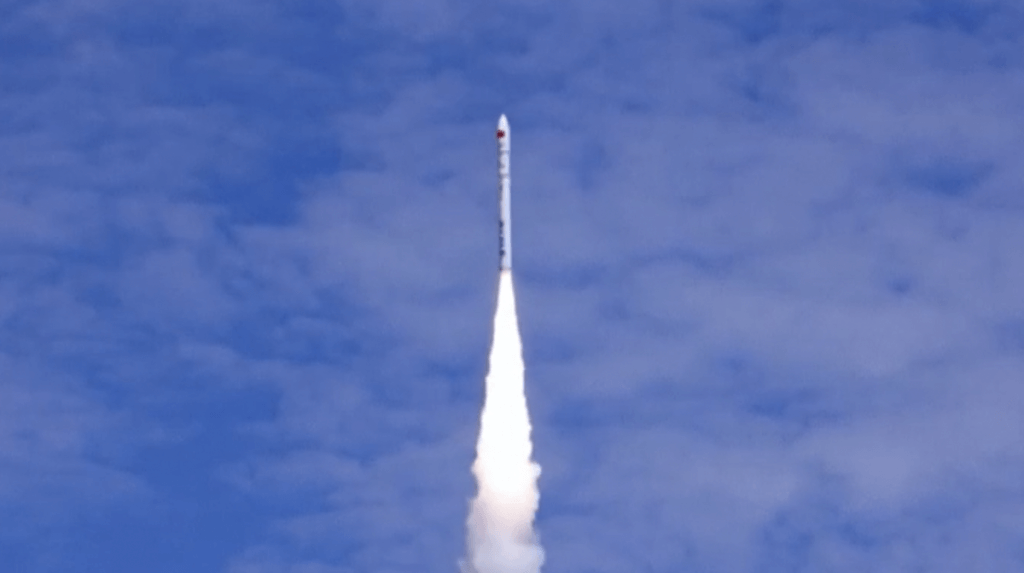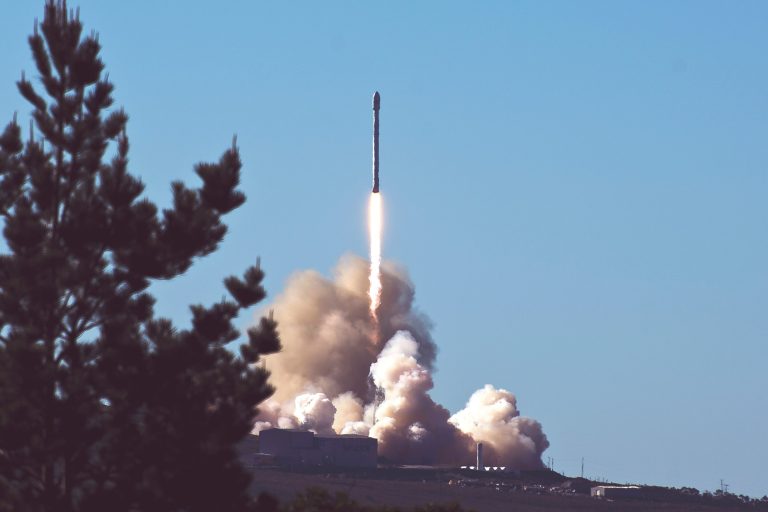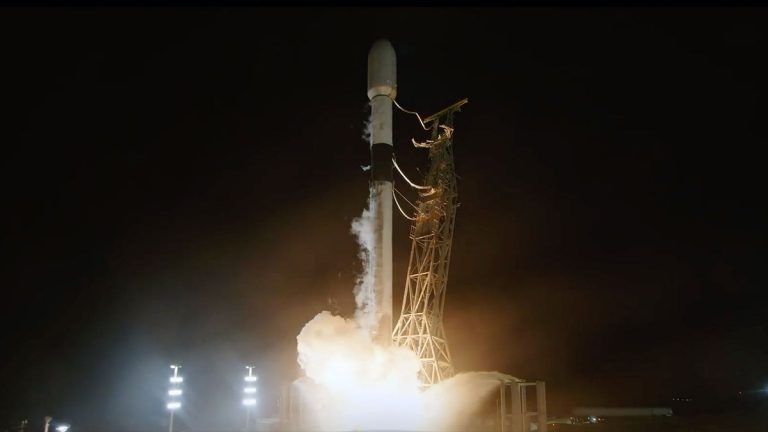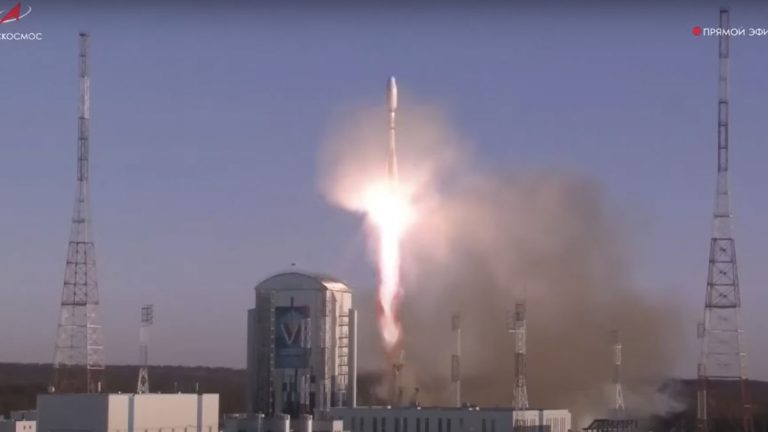
Chinese company’s rocket launches 3 satellites into orbit (Image Credit: Space.com)
That’s three for three for a Chinese rocket company.
Galactic Energy of China sent a Ceres-1 solid rocket into orbit Tuesday (Aug. 9) from the Jiaquan Satellite Launch Center, according to social media posts.
Chinese state media confirmed the successful rocket launch at 12:11 a.m. EDT (0411 GMT or 12:11 p.m. local time), which is the third successful launch for Galactic Energy. “Galactic Energy launched the Ceres-1 carrier rocket from Jiuquan Satellite Launch Center on 12:11pm Tue, successfully placing three commercial satellites into a solar synchronous orbit of 500 km [310 miles],” the Global Times stated (opens in new tab) on Twitter.
Related: China launches carbon and ecosystem monitoring satellite
Galactic Energy launched the Ceres-1 carrier rocket from Jiuquan Satellite Launch Center on 12:11pm Tue, successfully placing three commercial satellites into a solar synchronous orbit of 500 km. It marked the 3rd consecutive successful launch of the Ceres-1 rocket. pic.twitter.com/U3lbKKQxZqAugust 9, 2022
On board were two Taijing-1 satellites and a Donghai-1 satellite; China has not released details about the future tasks of these three small machines.
Galactic Energy is one of a large set of Chinese companies seeking to conduct operations in Earth orbit. Notable examples include iSpace, which is planning new launches of its Hyperbola 1 and Hyperbola 2 rockets, and Landspace, which is preparing to launch its Zhuque 2 rocket in the coming months.

Other Chinese companies working in space include Orienspace, Deep Blue Aerospace, Space Pioneer, Space Transportation and Linkspace. These various firms are vying for commercial contracts from state-owned companies, like Expace, CAS Space and China Rocket.
Meanwhile, the China National Space Administration operates a series of rockets known as Long March. The most recent launch, a Long March 5B, saw 25 tons of debris crash to Earth in the Pacific Ocean following a successful deployment of a part of the under-construction Tiangong space station currently hosting three taikonauts.
Follow Elizabeth Howell on Twitter @howellspace (opens in new tab). Follow us on Twitter @Spacedotcom (opens in new tab) or Facebook (opens in new tab).








